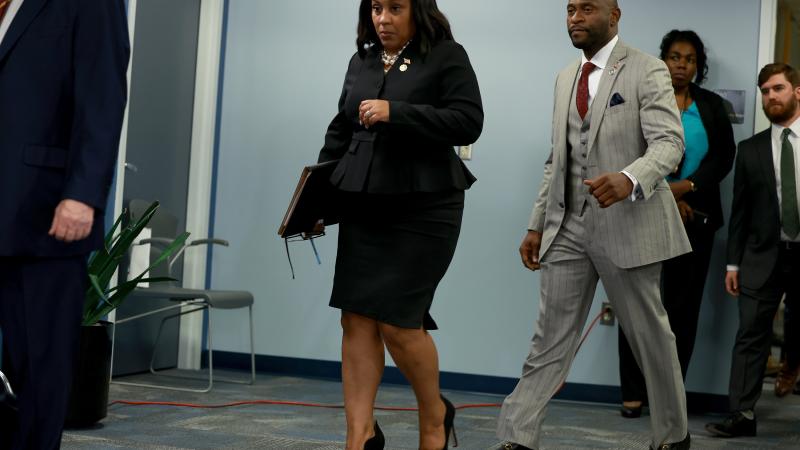New York City lawsuit accuses big-tech firms of fueling youth mental health crisis
The plaintiffs argue that the social media companies "exploit children and adolescents" with content that essentially re-wires their brains, alleging that companies intentionally manipulate and addict younger users, keeping them on their platforms.
(The Center Square) — New York City Mayor Eric Adams has filed a lawsuit against Facebook, Snapchat and other social media networks, blaming the big-tech companies for fueling a youth mental health crisis.
The lawsuit, filed in a state Superior Court in California, alleges that five social media companies created digital platforms that have contributed to an "unprecedented" mental health crisis among its youth and serious disruption to public health by the "creation and promotion of addictive and dangerous social media platforms."
"Youth are now addicted to defendants’ platforms in droves, resulting in substantial interference with school district operations and imposing a large burden on cities, school districts and public hospital systems that provide mental health services to youth," the 311-page complaint reads.
Adams said the city is taking the "bold step" on behalf of millions of New Yorkers "to hold these companies accountable for their role in this crisis, and we're building on our work to address this public health hazard."
"Over the past decade, we have seen just how addictive and overwhelming the online world can be, exposing our children to a non-stop stream of harmful content and fueling our national youth mental health crisis," he said in a statement. "This lawsuit and action plan are part of a larger reckoning that will shape the lives of our young people, our city, and our society for years to come."
The plaintiffs argue that the social media companies "exploit children and adolescents" with content that essentially re-wires their brains, alleging that companies intentionally manipulate and addict younger users, keeping them on their platforms.
"These dangerous and harmful design features include, but are not limited to, an algorithmically-generated, endless feed to keep users scrolling in an induced 'flow state;' 'intermittent variable rewards' that manipulate dopamine delivery to intensify use," lawyers for the city wrote in the complaint.
The lawsuit claims New York City has spent significant taxpayer resources addressing mental health issues among students and is suing to recoup some of the money.
"NYC Plaintiffs have incurred and will continue to incur costs related to addressing the youth mental health crisis that Defendants created, caused, contributed to and/or maintained. NYC Plaintiffs request relief relating to the damage or injury they have suffered, including actual and compensatory damages in an amount to be determined at trial," the lawsuit said.
Social media companies pushed back against the claims outlined in the lawsuit, issuing statements claiming they are working to keep young people who use their platforms safe.
"We want teens to have safe, age-appropriate experiences online, and we have over 30 tools and features to support them and their parents. We've spent a decade working on these issues and hiring people who have dedicated their careers to keeping young people safe and supported online," Meta spokesperson Andy Stone said in a statement.
TikTok released a statement saying it has "industry-leading safeguards to support teens' well-being, including age-restricted features, parental controls, an automatic 60-minute time limit for users under 18, and more."
"We regularly partner with experts to understand emerging best practices, and will continue to work to keep our community safe by tackling industry-wide challenges," a spokesperson said.
The lawsuit follows the Adams administration's public health advisory, issued by Health Commissioner Dr. Ashwin Vasan last month, declaring social media a public health threat.
Tech media executives, including Meta's CEO Mark Zuckerberg, were recently grilled by members of Congress about children's online safety during hearings where they accused the companies of having "blood on their hands" and for failing to protect children from being sexually exploited online.














